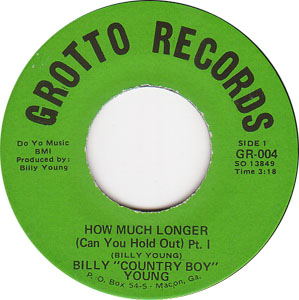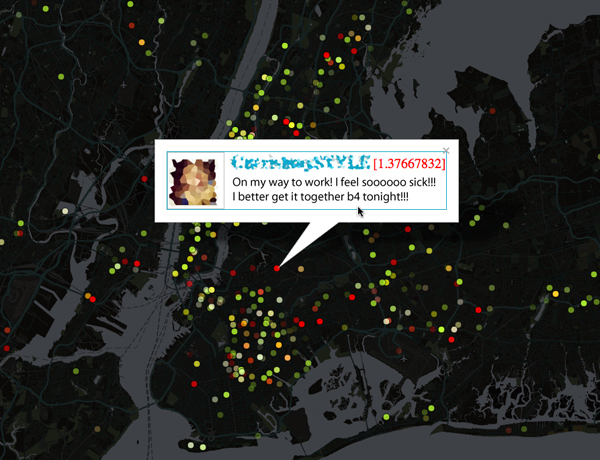The Last HR Pro not on LinkedIn
Last week I had a chance to present to a great group of about 100 or so HR, Talent, and Recruiting professionals at a local SHRM event in Virginia. I like getting to these kinds of local HR gatherings - they provide a much better view into the real concerns and challenges in the HR trenches, and usually are bereft of the collection of often jaded and a little too smug and ironically detached, 'professional' conference attendees. Sure, I get it, you are sick of hearing the 71st talk on 'Why Social Media is Important for HR', but in case you have not realized it, actually attending the same presentation dozens of times at events all over the country make you the one who is a little weird and out of the mainstream, not the HR pro at a 300-person company that is trying to figure out how, if at all, having a Twitter account will help her get her job done.
But back to the point - at the session where I was talking to the group about changes and trends in workforce technologies, naturally the use of the public, or consumer social networking sites was brought up, I think in the expected context of how they are being used for various aspects of the talent acquisition function. I asked the attendees to share some examples of how they are incorporating these networks in their organizations, and a few folks shared what they were doing to share job openings and company information on Facebook and source candidates on LinkedIn. Nothing unusual here, a few attendees, (maybe 10% of the group), had some 'active', (not just trolling for candidates), activity on social networks, but what was interesting to me was as the conversation continued, one audience member told the group she had never created a personal LinkedIn profile. I pressed her as to why she was not on LinkedIn, and she promptly replied, 'I just don't have time for it. I'm busy'. I jokingly suggested she was the last HR pro not on LinkedIn.
The group continued to discuss both social networking and other kinds of new technologies that are impacting the workplace and the practice of HR, but I could not get out of my head that in late 2012, there was still one smart, engaged, (she took the time to attend a professional development and networking event), and experienced HR/Talent pro that had not found her way to LinkedIn, if nothing else to set up a shell profile on the site. I even came back to her a couple of times later in the session when the conversation shifted to mobile technology, and how the usage patterns in consumer tech are effecting enterprise tech, I think my comment was 'You are all on your iPhones, updating your Facebook and checking out who has viewed your LinkedIn page, well except for you, (giving a mock-disgusted look towards the one LinkedIn holdout).'
The point of all this?
I guess a couple of things stood out after thinking about it a little longer. One, there still exists a pretty significant knowledge and value perception gap between most of the front line, working HR professionals and those of us that think about and use new technologies every day. There are really still very few 'real' HR pros out there that are as obsessed with this stuff, as it just does not move the needle for them on their day-to-day. Two, while participation and use of these social technologies might level the playing field to some extent between larger and better-financed organizations and smaller ones, that effect is limited. A couple of audience members from very large organizations shared what they are doing with social and branded talent communities, a level of commitment and effort that simply can't be approached by smaller companies.
Last, and maybe the only fascinating part of this entire post, is that after taking some good-natured ribbing from me, (and even the presenter that followed me), the HR pro who had been the one LinkedIn holdout approached me at the end of the day to let me know that she would be, after all, setting up a LinkedIn profile when she got home.
Good for her!
And bad for you, the 'savvy' HR pro who is all over social media and social networking - that is one more competitor for talent that you have to worry about.
Have a Great Week!

 Steve
Steve

